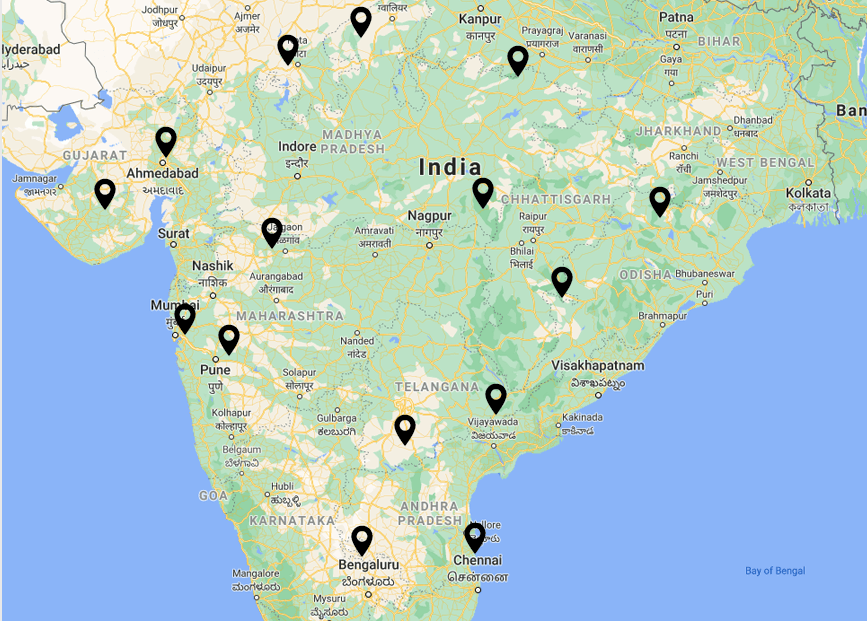Moving to a new place is a big adjustment for you and your car as well. Your car may face additional difficulties and demands when you relocate to a region with a different environment. Your vehicle needs special care to operate at its best, whether it’s adjusting to scorching heat, icy cold, extreme humidity, or high altitudes. Packers and movers in Hyderabad will definitely leave no stone unturned to safely and securely relocate your car along with your other belongings but you have to take care of your car in the new place. We’ll go over some crucial maintenance advice in this blog post to make it easier for you to successfully adapt your car to a new environment. These tips will increase your car’s longevity while also ensuring peak performance.
Maintaining your car in different weather conditions
Car transportation in Hyderabad can transport your vehicle in the new city but you have to maintain your car well in the below mentioned climatic conditions
Winters or cold climate
- Engine and Battery Care
Motor oil can thicken in cold weather, and batteries can discharge more quickly. Maintain a properly charged battery and use low-temperature-appropriate engine oil.
- Tyres and Brakes
Tyre pressure can change in cold weather, and better traction is needed on slippery roads. Invest on winter tyres, and monitor tyre pressure all season long. Ensure that your brakes are responsive, and think about using brake fluid that is temperature-rated.
- Antifreeze
Make sure your car has enough antifreeze because that’s what keeps the engine from freezing.
- Exterior and Interior Protection
Protect the exterior and inside of your car with a quality wax. Make sure your heater is operating properly inside, and think about getting high-quality floor mats to protect against dampness and salt.
Summers or hot climate
- Cooling System
Make sure the cooling system in your car is functioning well to avoid the engine overheating. Check the coolant levels frequently, and think about switching to a coolant with a higher boiling point.
- Tyres
Tyres may have trouble on hot asphalt. Use tyres made to resist greater temperatures, and constantly check tyre pressure.
- Air Conditioning
Nothing is worse in a hot atmosphere than a broken air conditioner. Ensure the condition of your air conditioning is up to date and working perfectly
- Sun Protection
The paint and interior of your car might deteriorate from prolonged sun exposure. Use windscreen sunshades, and think about getting a car cover.
Rainy and Humid Climate
- Wipers and Lights
Make sure your windscreen wipers are in good working order. For those gloomy wet days, make sure that all external lights are operating properly.
- Rust Protection
Rust can result from moisture. Keep your car dry and spotless, and think about rust-proofing.
- Tyres
Tyres with exceptional grip are necessary for wet roads. Make sure the tread on your tires is deep enough.
- Headlights and Tail Lights
Make sure all of your lights are on and working correctly. This covers the turn signals, taillights, and headlights. When it’s raining heavily, visibility is totally dependent on good lights.
Mountains or high altitudes
- Engine tuning
The air is thinner at higher altitudes. This can necessitate changing the engine’s air/fuel ratio.
- Cooling System
High elevations tend to cause engines to run hotter. Watch the temperature gauge, particularly if you’re going uphill.
- Tires and Brakes
According to the manufacturer’s high-altitude instructions, adjust your tyre pressure. Due to the difficulty of mountain driving, keep your brakes in good condition.
- Battery Care
In high altitudes, batteries might not operate as effectively. Keep your battery completely charged and in good condition.






